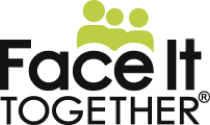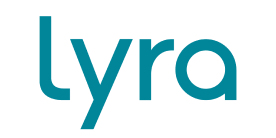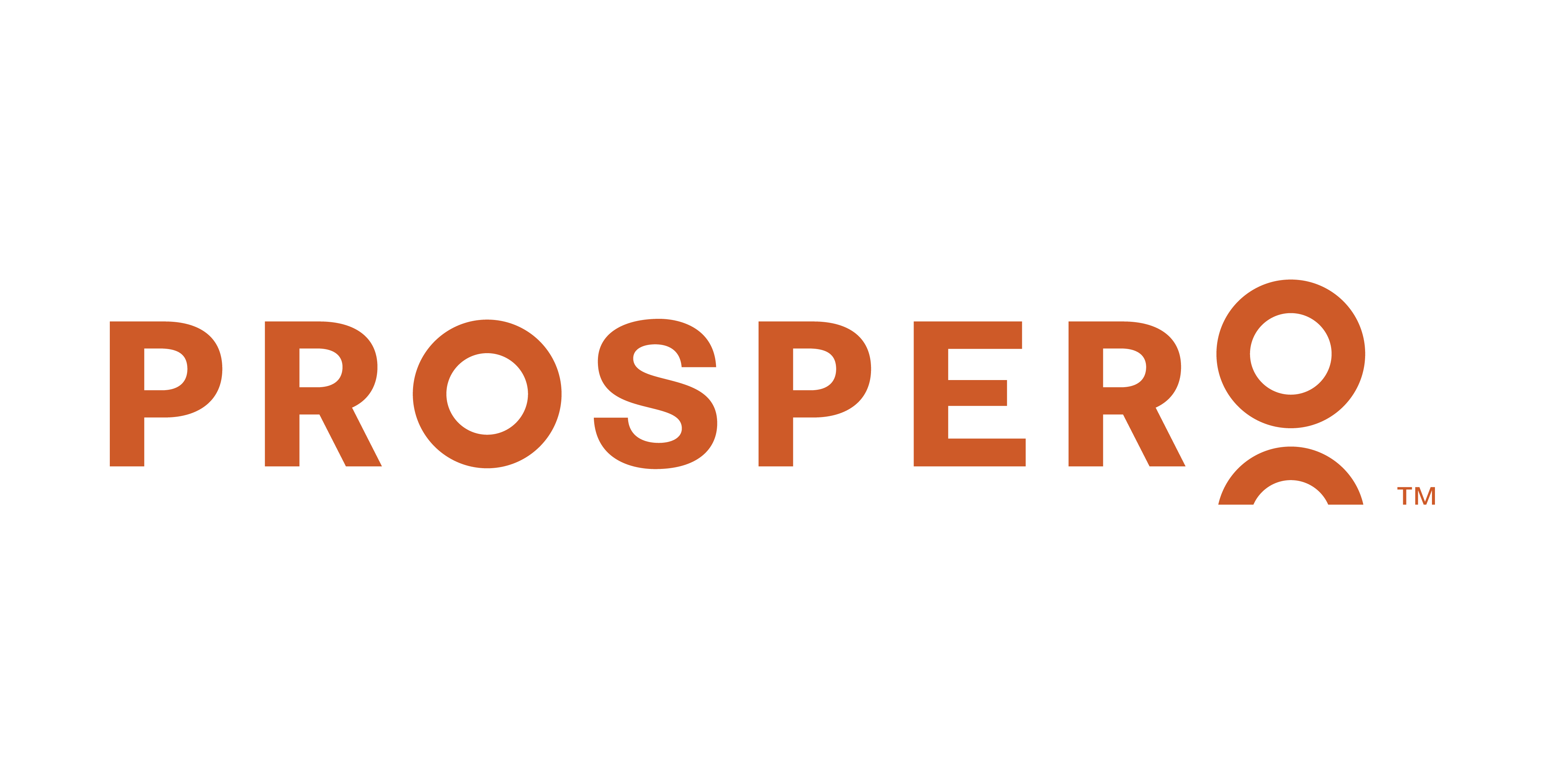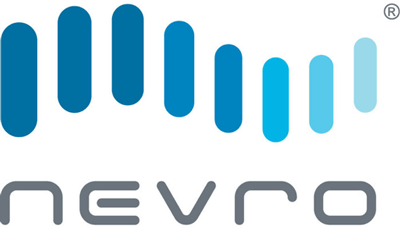7 Questions to Diagnose if your Care Management Strategy is Working
Keeping track of patients and staying on top of their care program is no easy task.
Care teams need to stay on top of so many things: when their patient was last engaged with, where they are in their plan, if they’re adhering to the plan, and which patients need intervention.
If your team is doing this work manually, they’re likely spending their day hopping from spreadsheet to email to phone calls which results in spending less time with patients. This increases the chance that your patients get lost in the administrative fray. For example, an at-risk patient that needs more hands-on attention might not receive necessary assistance if the care team member isn’t able to easily prioritize next steps and take action.
All of this comes at a great cost and liability to both the patient and the care team. If patients don’t receive proper care and are unable to achieve their health goals, they may look for a new provider who can help them or even give up on their program altogether. Conversely, providers end up paying care team members for time spent on time draining administrative tasks that technology could do more efficiently and cost effectively.
Does this sound familiar?
If so, ask yourself these 7 questions to diagnose if your Care Management strategy is working:
- Is my care team able to be proactive when caring for patients?
- Yes: We are able to maximize patient engagement with software that enables us to streamline administrative tasks.
- Fantastic job! Your care managers are spending more time with patients than on administrative tasks.
- No: We barely have enough time in the day to check in with patients outside of scheduled appointments since wemanage so many tasks manually.
- It’s time to consider implementing a system that helps you create intelligent workflows that can help you be more proactive, rather than reactive. Automating processes to move patients through their care plan is key to having enough time to give each patient the face time they deserve.
- It’s time to consider implementing a system that helps you create intelligent workflows that can help you be more proactive, rather than reactive. Automating processes to move patients through their care plan is key to having enough time to give each patient the face time they deserve.
- Yes: We are able to maximize patient engagement with software that enables us to streamline administrative tasks.
- Am I making communication between my care team and patients simple?
- Yes: It’s easy for my care team to connect with patients on their desired communication channel.
- Wahoo! Your team can connect with patients with whatever their preference might be – texting, email, phone calls, or via telehealth technology.
- No: We don’t have a way for our patients and care members to interact super easily.
- This is a big one, in order to effectively care for your patient, you need to be able to effectively communicate. Managing treatment takes frequent check-ins so having a way to track communication, store communication preferences, and connect with patients at the click of a button is crucial.
- Yes: It’s easy for my care team to connect with patients on their desired communication channel.
- Can I prove my program’s effectiveness?
- Yes: I’m able to pull the metrics that I need to show stakeholders and effectively measure my program’s success.
- Great work! You have the data to prove that your patients are getting desired outcomes, and identify when something needs to change.
- No: I don’t even know where to begin.
- It’s time to implement a reporting process that shows patient progress and outcomes. This means it’s time to start evaluating a software partner that can help you illustrate that your program gets results, or maybe needs some improvement.
- Yes: I’m able to pull the metrics that I need to show stakeholders and effectively measure my program’s success.
- Are we able to deliver the right care at the right time?
- Yes: My care managers know which tasks to prioritize when they start their work day.
- Nice one. You are providing your team with tools that allow them to visualize their day to deliver the best care possible.
- No: We are just taking care of patient needs and tasks as they come up.
- It’s time to implement a Care Management dashboard that gives a high level overview of each patient’s status, who needs to be engaged with, and specific actions that need to be taken that day.
- Yes: My care managers know which tasks to prioritize when they start their work day.
- Have you created a unique environment that works with your existing and future systems?
- Yes: We’re able to integrate other tools that we use into our software in order to create the program that we need to effectively manage our patients
- Wonderful news. Your practice is one of a kind so customizability is key, but you already know that.
- No: How do you do that exactly?
- Finding a platform that is able to integrate with your existing (and future) systems is so important. A single tool is likely not going to do everything for you, so you need to find one that plugs into your others – whether it’s billing, analytics, your calendar, or the RPM tool you use.
- Finding a platform that is able to integrate with your existing (and future) systems is so important. A single tool is likely not going to do everything for you, so you need to find one that plugs into your others – whether it’s billing, analytics, your calendar, or the RPM tool you use.
- Yes: We’re able to integrate other tools that we use into our software in order to create the program that we need to effectively manage our patients
- Can our clinicians effectively design and implement new programs?
- Yes: We have the freedom to customize and create care plans easily
- Excellent. Building and fine tuning your program over time is so important for improving patient outcomes.
- No: In order to make a change to our program, it can take days or even months for our team to effectively update it.
- You’re not always going to get it right on the first try, and that’s what life is all about. Therefore, you need to be able to update your program when you identify that you need to improve outcomes, reach more patients, or lower costs.
- Yes: We have the freedom to customize and create care plans easily
- Are you compliant with healthcare security standards?
- Yes: My platform is compliant in every way!
- Wooh! We’re in the healthcare business so protecting the integrity of your patients and program is crucial.
- No: How do I meet compliance standards?
- Every practice is unique, but it’s important to identify what compliance standards you need to meet, and leverage a tool that will help you meet those goals. Some great examples are leveraging a HIPAA and SOC2 compliant tool.
- Yes: My platform is compliant in every way!
How did you do?
If you answered mostly yes, fantastic! You and your team seem to be delivering high quality care programs and fostering strong patient relationships.
If you answered mostly no, it’s time to implement a Care Management process that frees up your care team to focus on patients, gives you valuable insights to prove your program’s effectiveness, and helps you care for more patients more effectively.
Want a copy of this ebook? Download your free PDF copy to the form on the top right or right below. If you have any feedback, let us know at contact@welkinhealth.com
Download your guide today
Download your guide now
Download NowYou're in good company











